
Self
All that you will see has really happened . Napoli Eden is an inspirational cinematic odyssey that highlights environmental protection through the theme of transforming recycled aluminum into works of art. Napoli Eden conveys a vision of redemption, social inclusion and the ethical and cultural rebirth for the city of Naples, Italy through the eyes of artist and filmmaker Annaluara di Luggo.
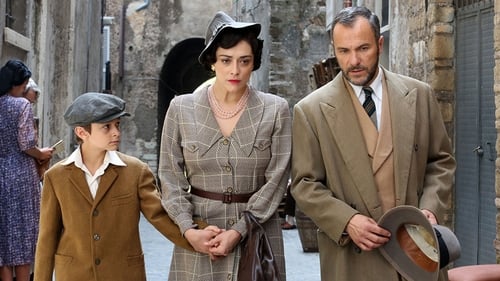
Mixing dramatizations and real-life interviews, this film tells the story of four Jewish children who endured the brutal anti-Semitism of fascist Italy.
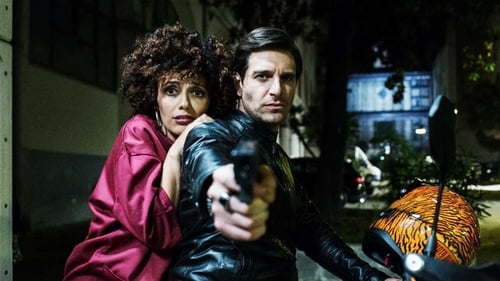
Stationer
A Camorra boss fakes his own death in order to start a new life elsewhere with his family, but a nurse happens to see him alive and well after the funeral. A hitman is promptly sent to get rid of her, only to find out that she's his first and unforgotten love. He decides to protect her, becoming himself a target.

Luciano Bove
Carlo and Melissa stay at a seaside villa but everything changes when Melissa discovers an ancient book of demons and the ghost of a 10 year old boy that's been dead for 40 years. She becomes possessed and it's up to Carlo, with the help of Anna De Luca, a professor on demonology, to stop the ritual that will bring about the rebirth of a 400 year old demon.

Vincenzo
Today, a special day for Luigi and Vincenzo, years of a love story in clandestine, for shame, fear, thinking do not have rights, no marriage, no family, neither walking hand in hand.... But this day, the same of the Napoli gay pride day, something changes.... Written by Giuseppe Bucci

General Cavallo
田舎町で平凡に暮らす中年男が、ひょんなことからイタリアの大統領に就任。政治のことなど何一つ知らない新大統領が、"一般人の常識"で国政を変えていく。
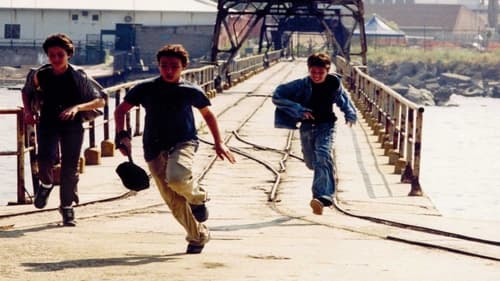
Rosario is 11 years old, he lives in the suburbs with his grandmother, a sick woman who spends time watching TV. He is the leader of a small group who spends his days between games rooms, small crimes and dangerous challenges.

Burly Captain
製薬業界の大物である夫トニーとともに地中海旅行に訪れていたアンバーは、ある日ボートのエンジンが故障してしまい、船の乗組員のジュゼッペと共に無人島に漂着する。クルーザーの中では散々ジュゼッペの事をいびりとおしていたアンバーだが、無人島では漁師として育ったジュゼッペに分があり、逆に服従を強いられる。始めはいがみあう二人だが、無人島で暮らす内に愛が芽生え、二人は共に生きる事を願うようになる。1ヵ月後、二人は救助され駆け落ちを願うが、トニーに勘付かれ、二人は離れ離れになってしまう。

narratore
A woman is longing to make love to her husband once again, but he is always working or tired. At her wit's end she consults a medium, who has a couple of solutions for her problem. The first two solutions fail, but maybe the sweets will help?
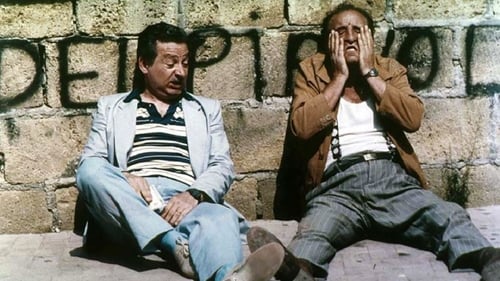
funzionario d'una ditta
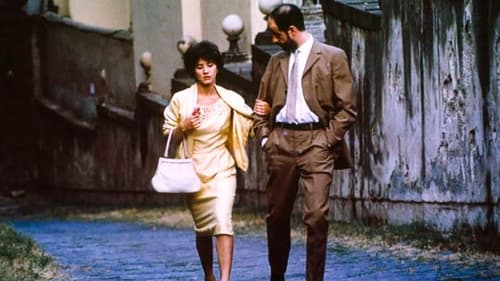
Stefanini
Naples, 1959. Pure Mathematics professor Renato Caccioppoli, Bakunin's grandson, is a tortured soul. Recently discharged from the psychiatric hospital, left by his wife, and increasingly disillusioned with academia and the Communist Party, he lives his last days with painful detachment.

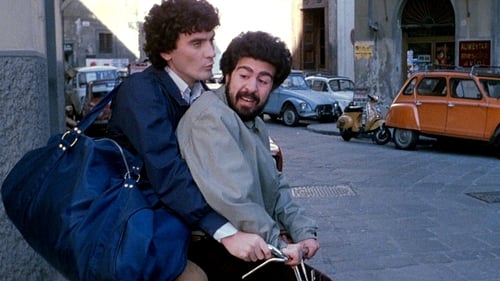
Patrizio
Gaetano, giovane napoletano, decide di lasciare casa, lavoro ed amici, per cercare altri momenti di vita e conoscere altre persone. Arriva a Firenze, a casa della zia. In un ambulatorio, dove capita per caso, conosce Marta e se ne innammora. Dopo una serie di divertenti situazioni (un vecchio amico dalla parlantina inarrestabile arriva da Napoli; la matura zia ed il suo attempato amante; un giovane prete Americano che vuole coinvolgerlo per forza nelle sue visite evangeliche; l'incontro con Riccardino, un giovane frustrato da una madre oppressiva; il padre che aspetta il miracolo della ricrescita di una mano amputata; etc.) Gaetano decide di restare a Firenze e di fare da padre al figlio che Marta aspetta, anche se la ragazza non vuole rivelare con esattezza il nome del padre.

Cahiers du cinéma critic Serge Daney asks whether The Kingdom of Naples is "leftist fiction, kitschy melodrama, photo-roman, a decadent chronicle of a city, opera in a minor key, or simply the first realistic narrative film by Schroeter?" It is all of these and more: an epic chronicle of proletarian family life in Naples from 1943 to 1972 that brilliantly captures the wretched poverty, overwrought passions, and political, religious and economic upheavals of Sicily across two generations. Schroeter assimilates neorealist aesthetics and class sympathies with the tempestuous excesses of popular melodrama, borrowing freely from Rossellini, Pasolini, Visconti, Brecht, and Rossini. (Facets)










